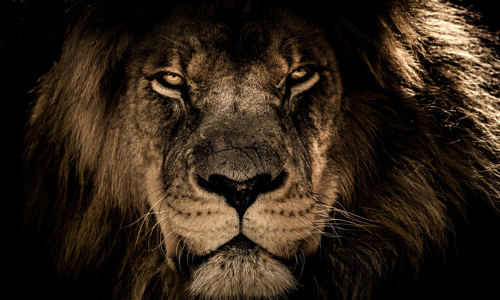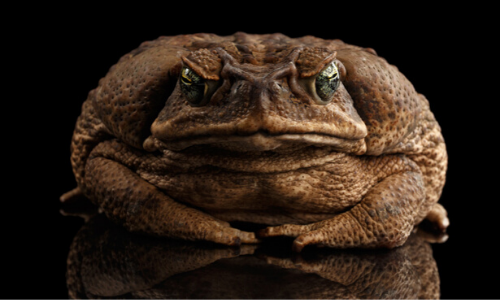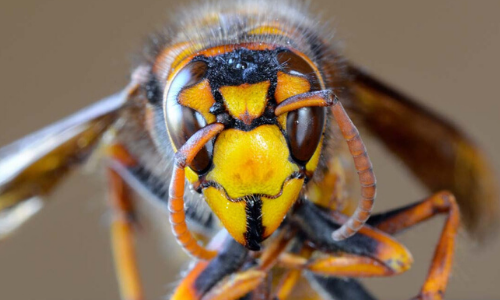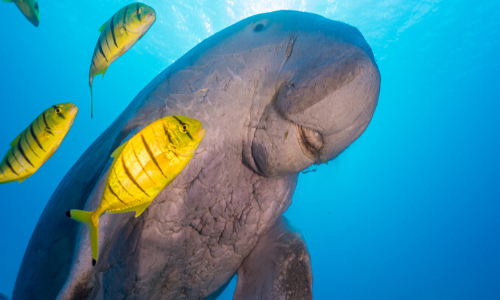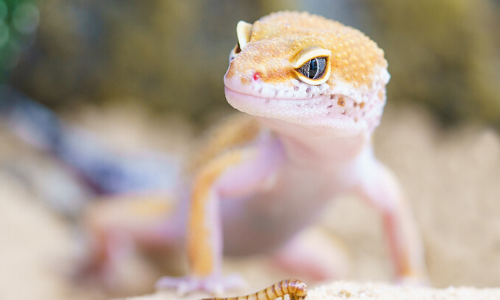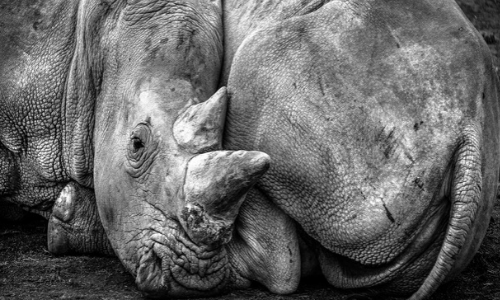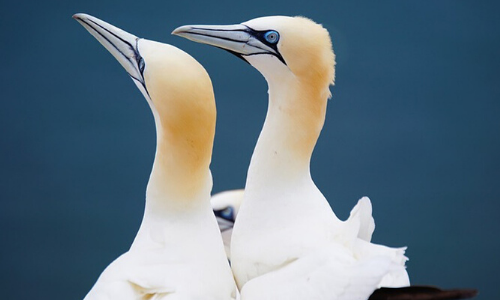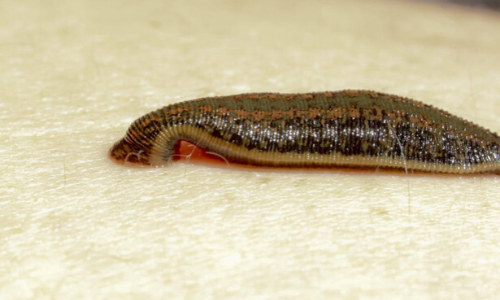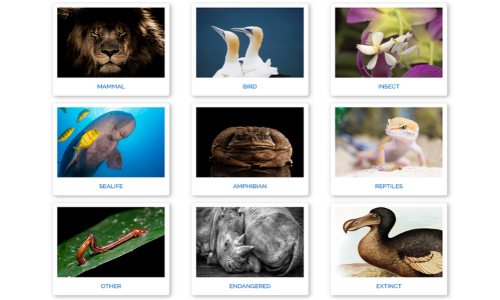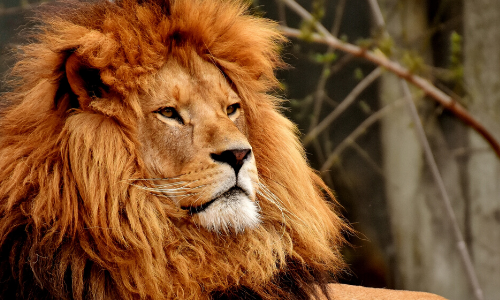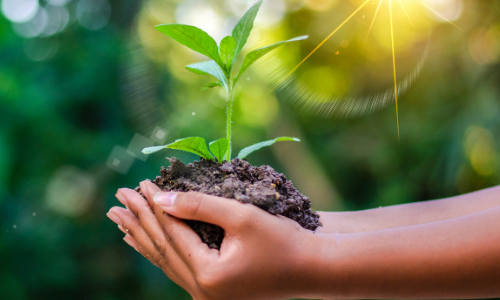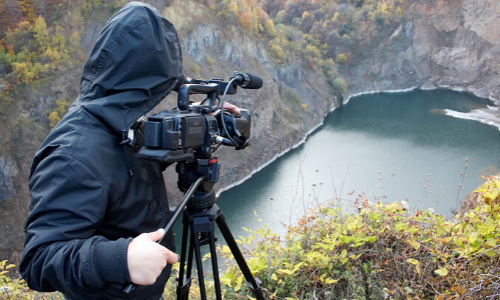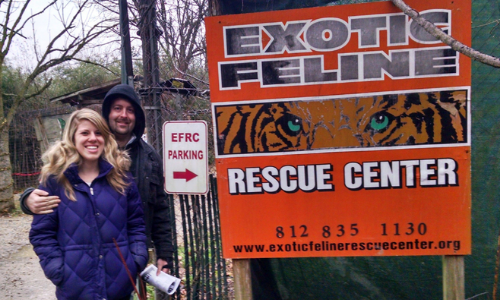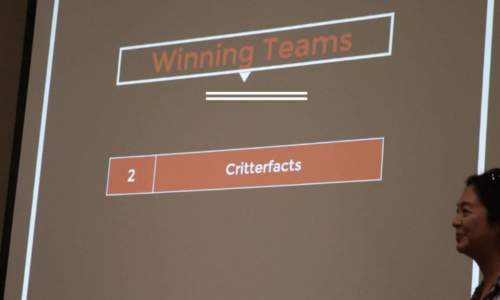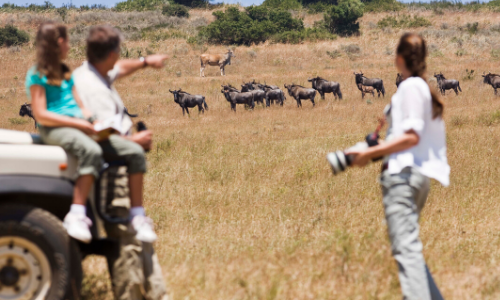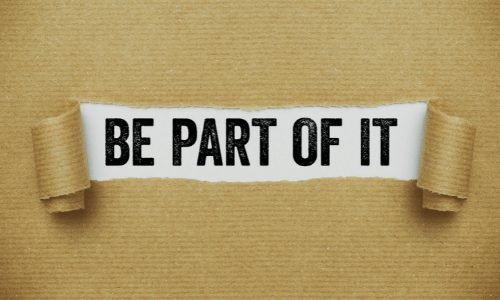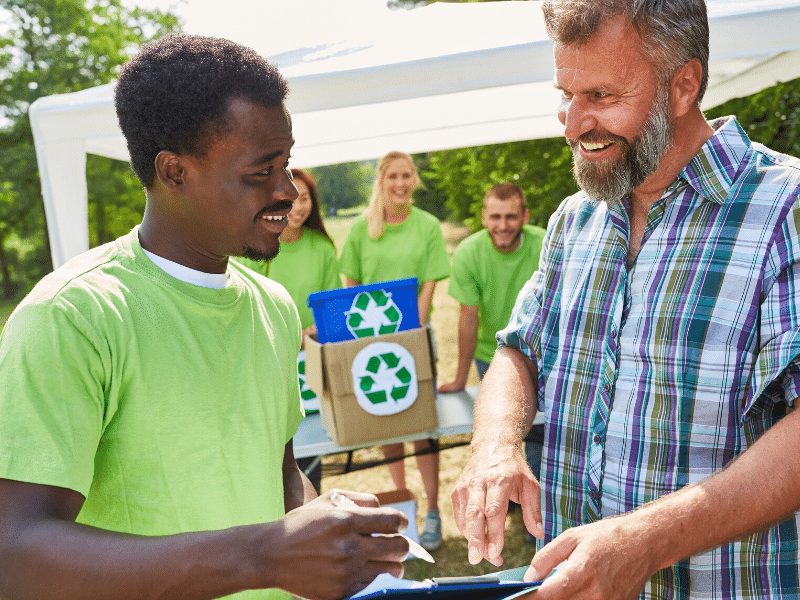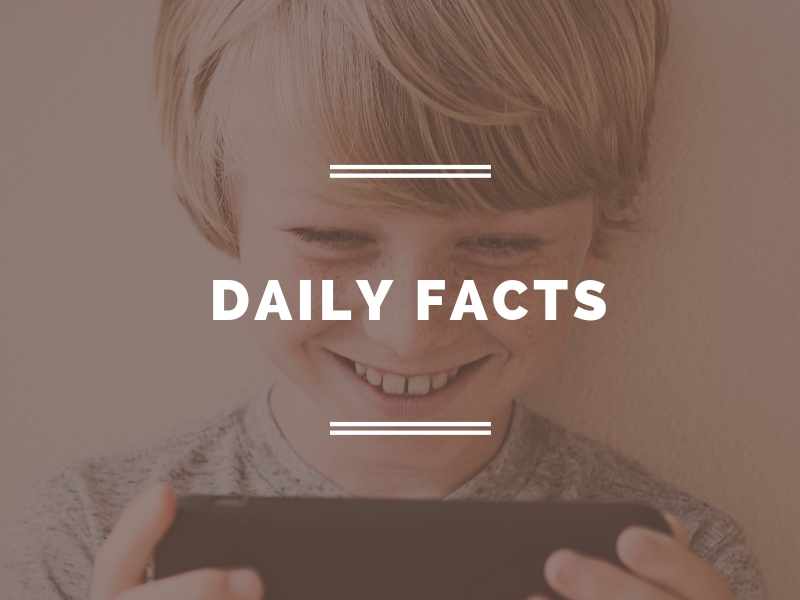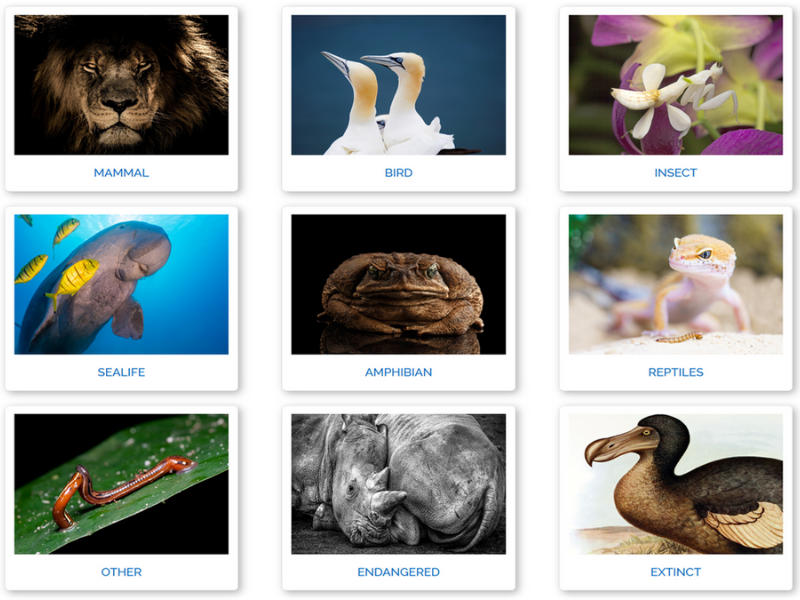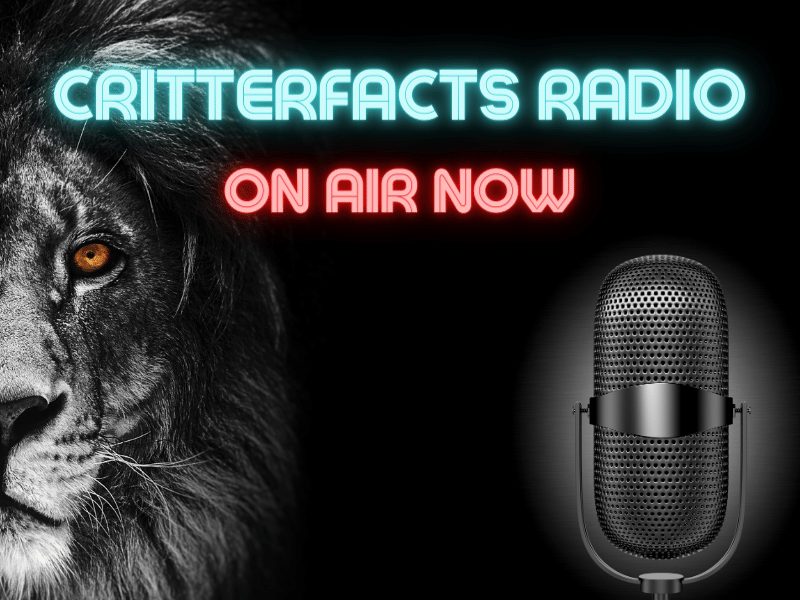Beginning Sunday, May 31 and lasting through Friday, June 5, 2020, the birding community celebrated its first ‘Black Birders Week’, organized by the members of a Twitter group called BlackAFinSTEM (@BlackAFinSTEM) in response to a racist incident in New York City’s Central Park.
Throughout the week, Black birders, scientists, and nature enthusiasts shared their unique experiences as Black people in historically white spaces and showcased their professional work in science, conservation, and education.
Corina Newsome, one of the organizers of the event, outlined three goals of the project:
1. To “counter the narrative that the outdoors are not the place Black people should be”;
2. To “educate the birding community”, and more broadly, the outdoor-loving community, about the unique “challenges Black birders face”; and
3. To “encourage increased diversity in birding and conservation.”
Black people in America have long felt unsafe and unwelcome in outdoor spaces. Now, with social media and camera phone technology, racist incidents can be readily documented with video evidence and shared with the world.
On May 25, 2020, Christian Cooper, a Black birder and board member of New York City Audubon, was birding in the Ramble at Central Park when he politely asked Amy Cooper, a white woman, to leash her dog.
What began as a courteous request for the woman to obey the park rules turned into a disturbing and potentially dangerous situation for Christian Cooper when Amy Cooper called the police and falsely accused him of “threatening [her] and [her] dog,” blatantly naming his race in her report.
With the knowledge of the history and continued documentation of police violence against Black people, Amy Cooper was weaponizing the phone call and threatening Christian Cooper’s life.
Police were never dispatched to the scene, as Amy Cooper’s report was recognized as false, but the incident sparked outrage around the world. This interaction is just one example of the racism that Black birders and lovers of the outdoors experience, and the possibility of encountering an Amy Cooper in the field makes Black birders think twice about birding in certain “no-go” areas of the country.
Ten days after the incident, Christian Cooper joined other organizers of ‘Black Birders Week’ on a livestream panel discussion called “Birding While Black: A Candid Conversation”, broadcast on the National Audubon Society’s Facebook page.
Christian Cooper explained that it is important to have a conversation specifically with the birding community about his experience that day in Central Park “because there are so many places where…[Black people] are vulnerable and perhaps feel unwelcome,” and this makes the birding experience vastly different for Black birders and white birders.

Additionally, panelists Kassandra Ford and Corina Newsome pointed out that stories of birding while Black have frequently been ignored by the birding community or deleted by moderators in birding group social media feeds for being “too political”.
In order to improve equity, diversity, and inclusion in the birding community, we white birders must listen to and uplift Black birders’ voices so we can understand and begin to address the challenges Black people face when enjoying the outdoors.
What actions can birders take?
Although this year’s widely successful ‘Black Birders Week’ is over, the birding community has a lot of work to do moving forward. Here are a few actions that you, as a member of the birding community, can take to educate yourself and improve diversity:
- Listen to Black birders’ stories. Read about Black peoples’ experiences in the outdoors and share their experiences on social media and with your local birding groups. Follow the organizers of ‘Black Birders Week’ on Twitter and other forms of social media and surround yourself with diverse voices.
- Organize bird walks or events for young birders in underserved neighborhoods and groups. For example, Christian Cooper, along with New York City Audubon, has worked to bring the joy of birding into public schools and encourage students from diverse backgrounds to pursue their passion for nature.
- Strive to hire more Black people and people of color for positions in STEM, and more specifically, in birding and conservation. “Diversity can help move organizations forward,” said Jeffrey Ward, another organizer of ‘Black Birders Week’.
And finally, to young Black birders and Black people in STEM: ‘Black Birders Week’ was organized to show you that you belong. You are critical to the future of birding and conservation science, and you deserve more representation, support, and visibility in the birding community.

